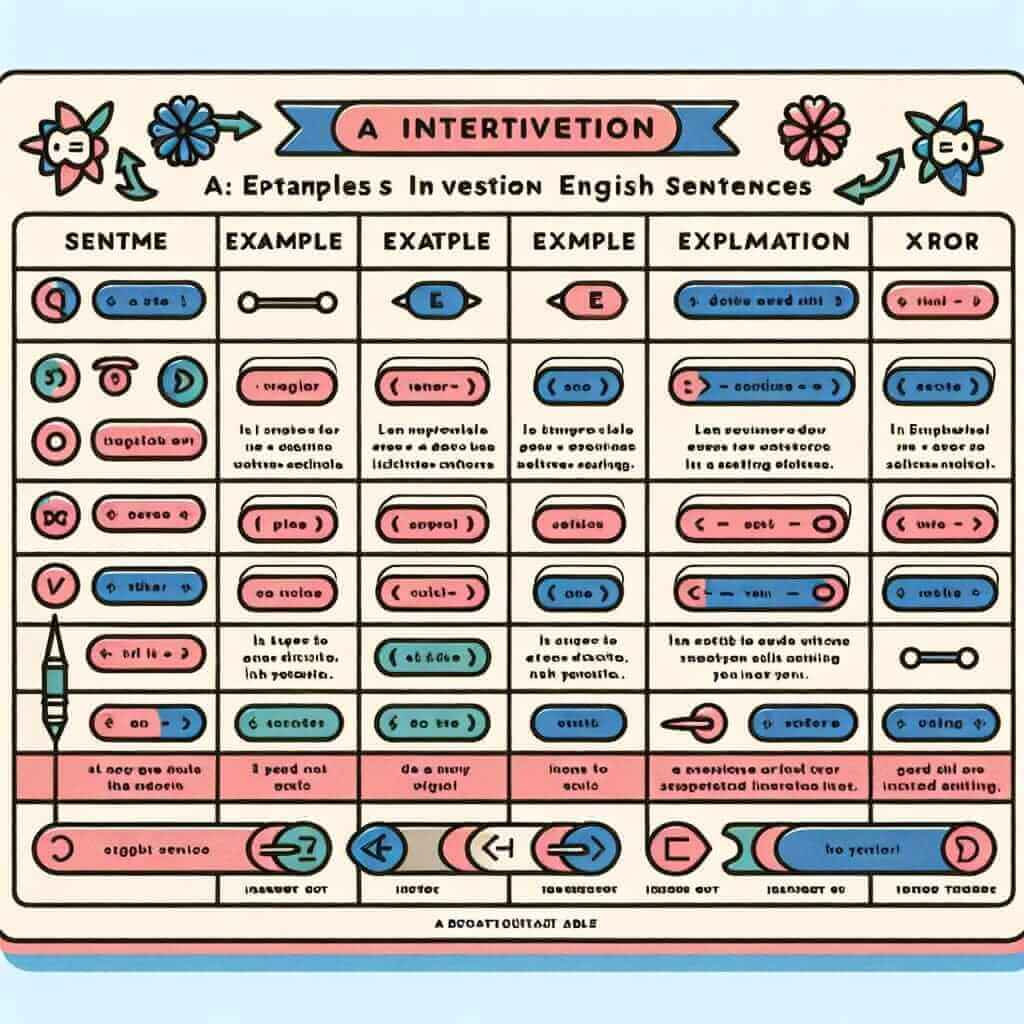The phrase “Never have I seen such dedication” is a prime example of a grammatical structure known as inversion. While it might sound formal at first glance, mastering inversion can significantly enhance your IELTS writing and speaking scores, showcasing a sophisticated command of the English language.
Here are some examples of how inversion can be used in different sections of the IELTS exam:
- Writing Task 2: “Never before has the issue of climate change been so pressing, demanding immediate action from global leaders.”
- Here, inversion creates a dramatic emphasis on the urgency of the climate crisis, a technique particularly effective in introductions or conclusions.
- Speaking Part 3: “Well, rarely do I see such passion for learning these days, so this new educational program is truly inspiring.”
- This example demonstrates how inversion can make your spoken language more engaging and articulate, showcasing fluency and a wider vocabulary.
- Listening: In the listening section, you might encounter phrases like “Not only did he win the race, but he also set a new record“.
- Being able to recognize and understand inversion in spoken English is crucial for comprehending complex ideas.
Understanding Inversion
Inversion is a grammatical structure where the auxiliary verb comes before the subject, reversing the typical word order of a sentence. It is used for emphasis, to express surprise, or to maintain a formal tone.
Inversion Formula and Applications
The formula for inversion varies slightly depending on the words or phrases that trigger it:
1. Negative Adverbs:
-
Formula: Negative Adverb + Auxiliary Verb + Subject + Main Verb
- Never/Rarely/Seldom/Hardly/Scarcely/No sooner/Not only/Not until/Under no circumstances + auxiliary verb + subject + main verb
-
Examples:
- Never before had she felt such joy. (emphasis on the unprecedented nature of her joy)
- Hardly had I sat down when the phone rang. (emphasis on the immediate sequence of events)
2. “Only” Phrases:
-
Formula: Only + Time Expression/Adverbial Phrase + Auxiliary Verb + Subject + Main Verb
- Only after/Only when/Only if/Only by + time expression/adverbial phrase + auxiliary verb + subject + main verb
-
Examples:
- Only after years of research did they find a cure. (emphasis on the length of time the research took)
- Only by working together can we overcome this challenge. (emphasis on the importance of collaboration)
3. “So/Such” for Emphasis:
-
Formula: So + Adjective/Adverb + Auxiliary Verb + Subject + Main Verb
-
Formula: Such + Noun Phrase + Auxiliary Verb + Subject + Main Verb
-
Examples:
- So beautiful was the sunset that we had to stop and take pictures. (emphasis on the beauty of the sunset)
- Such was the force of the storm that trees were uprooted. (emphasis on the intensity of the storm)

Inversion in IELTS Writing
- Task 1 (describing trends): “Not only did unemployment rates fall, but also consumer confidence saw a significant increase.”
- Task 2 (expressing opinions): “Under no circumstances should we compromise on freedom of speech.”
Achieving Higher Bands with Inversion
- Variety and Sophistication: Using inversion demonstrates a wider range of grammatical structures, which is a key factor in achieving higher band scores.
- Formal Tone: Inversion is often used in formal writing, such as academic essays and reports.
- Emphasis and Impact: Inversion allows you to highlight specific points and create a stronger impact on the reader or listener.
Common Errors and How to Avoid Them
- Incorrect Verb Form: Remember that the auxiliary verb must agree with the subject in tense and number.
- Incorrect: Never I have seen such a thing.
- Correct: Never have I seen such a thing.
- Overuse: While inversion can be impressive, using it too often can make your writing sound unnatural and forced.
- Informal Contexts: Avoid inversion in informal writing, such as personal letters or emails.
Conclusion
Mastering inversion is a valuable asset for any IELTS candidate aiming for a high score. By understanding its structure, various forms, and appropriate contexts, you can effectively incorporate this advanced grammar skill into your writing and speaking, showcasing a more sophisticated and nuanced command of the English language. Remember to practice using inversion in various contexts and be mindful of common pitfalls to ensure your sentences are both grammatically accurate and stylistically effective.